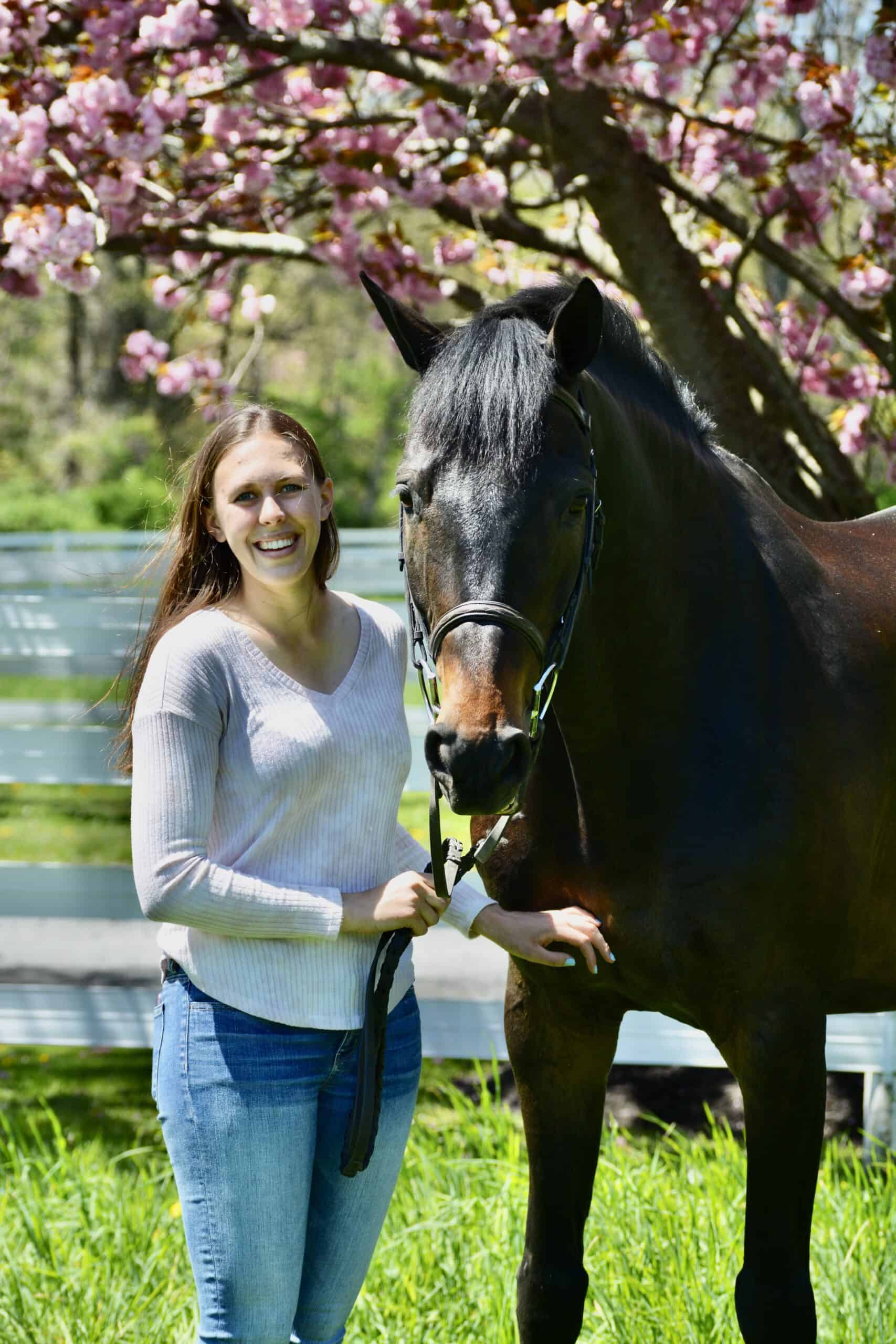The Equine Gut Microbiome and Horse Behavior

“The gut is the second brain” is a common phrase horse owners might have heard, but what does this mean? A horse with an unhealthy gut microbiome might present with behavioral problems both on the ground and under saddle. Dr. Robert Jacobs from Purina describes the connection between the health of your horse’s gut microbiome and his or her behavior.
This podcast is an excerpt of our Ask TheHorse Live Q&A, “Maintaining the Equine Gut Microbiome.” Listen to the full recording here.
About the Expert
Robert Jacobs

Robert Jacobs, MS, PhD, is the Equine Innovation Manager at Purina Animal Nutrition. Jacobs and his team conduct innovative research focused on nutrition for horses, including palatability and eating behavior, gastrointestinal physiology, microbiome studies, exercise physiology, and growth and development. They perform their studies at the equine unit of the Purina Animal Nutrition Center in Gray Summit, Missouri, a 300-acre facility home to more than 80 horses ranging in age from newborn to 30. Jacobs earned his BS and MS in Animal Sciences from the University of Florida and continued his studies, completing his PhD in equine reproductive physiology and nutrition at Virginia Polytechnic Institute and State University, where he investigated the role of omega-3 supplementation on the equine uterine environment and early pregnancy in obese, metabolically compromised horses. Research is a passion for Jacobs, but his favorite part of the day includes walking the pastures to check on the horses.

Written by:
Haylie Kerstetter
Related Articles
Stay on top of the most recent Horse Health news with















